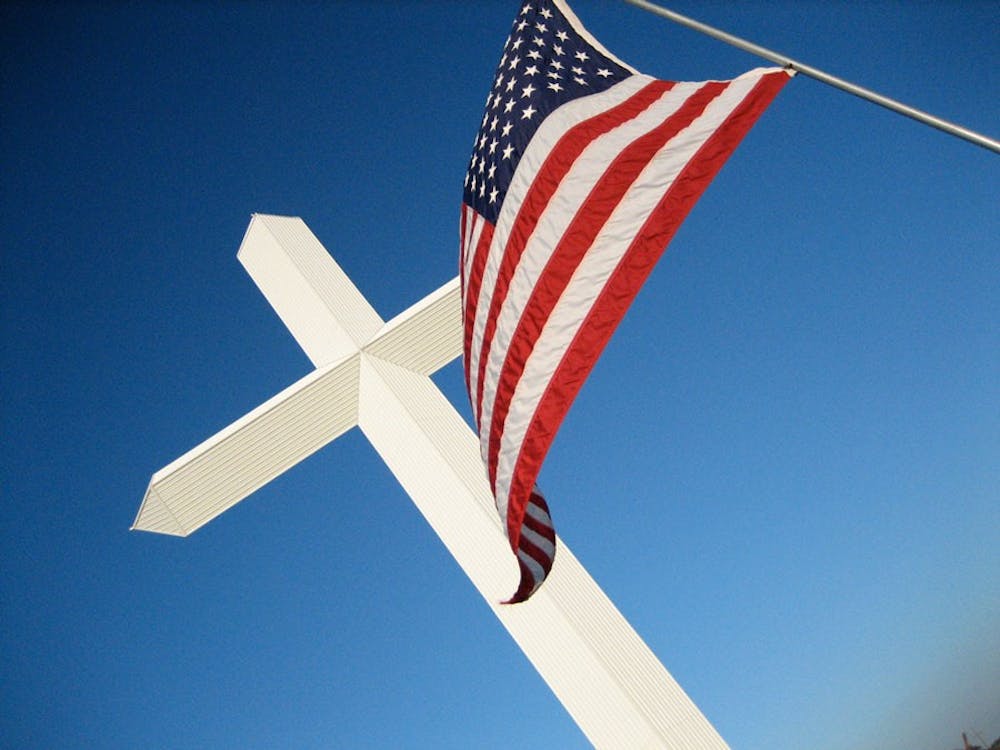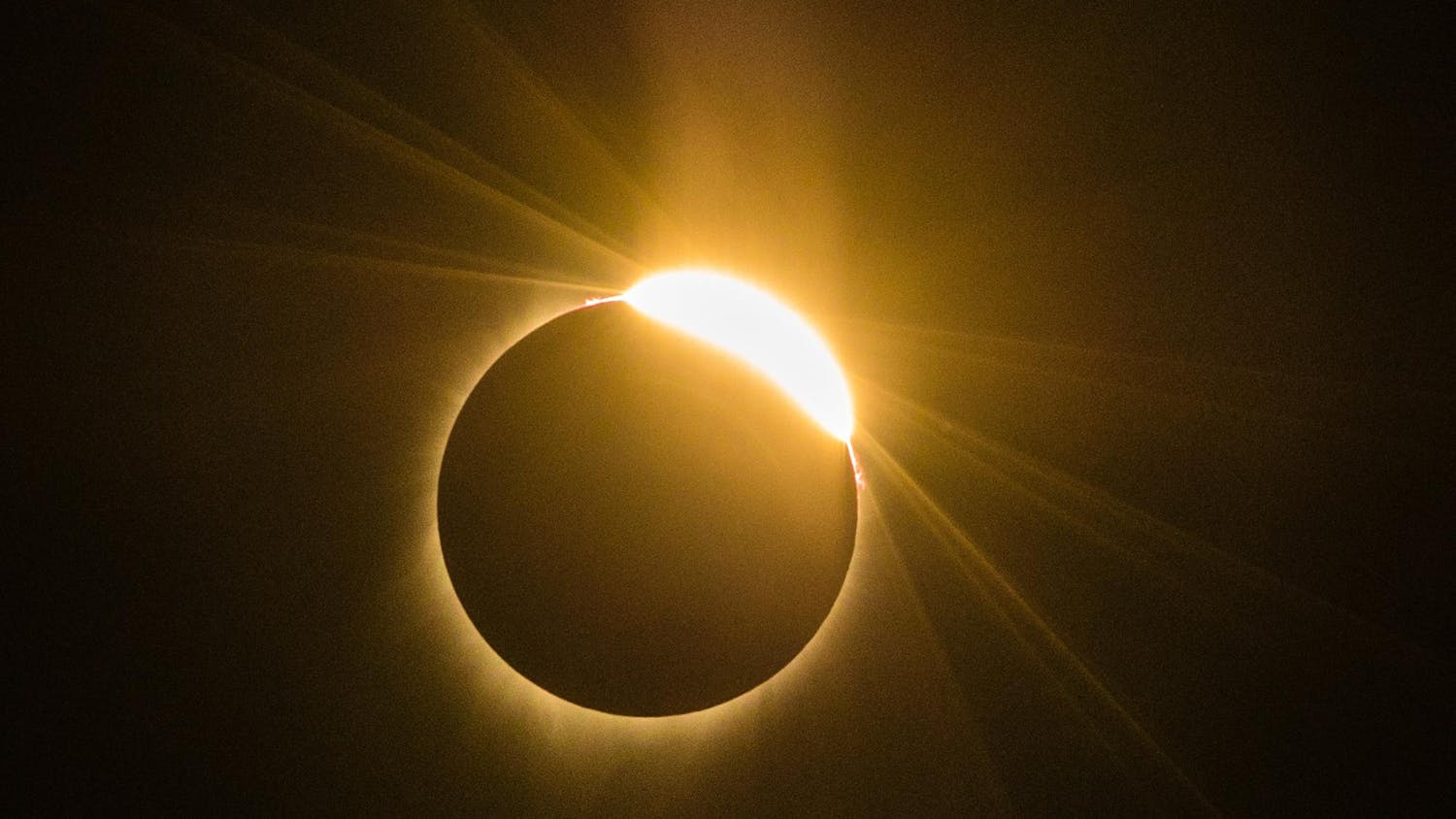By Cassidy Grom | Echo

Last Sunday, I sat in a church sanctuary about five miles west of Taylor. After the worship band stepped off the stage, I watched a number of choir members get out of their pews and gather in front of the congregation.
Expecting a slow hymn, I was surprised to hear a lively patriotic song worshiping the merits of the American military. The song was louder and more passionate than the previous worship songs. The choir sang a verse or two about each military division, and the fervent director invited veterans to stand when the song addressed their branch.
The last line is still echoing in my ears: "The U.S. Air Force can't be beat."
As the congregation erupted in applause, my hands stayed clasped together. I leaned over to my friend and whispered, "Is this weird for you?"
It was unsettling. At first, we sang songs of praise and honor to the one true God, claiming that He was all-powerful. Then, moments later, the choir sang the same thing about the military. The parallels were alarming.
In the southern conservative church I grew up in, such displays were a regular thing. On Veterans Day or Memorial Day or on 9/11, my pastor would at the very least ask the military veterans to stand for recognition. I remember wondering why the postal workers and doctors in the congregation didn't get a day of recognition. Were their jobs not important too?
In my church, young men or women who enlisted were given disproportionate praise compared to those who chose another path. These situations made me think patriotism was an intrinsic part of Christianity. In the Wednesday night kids' program, adults regularly led children in saying the Pledge of Allegiance before praying.
As I grew older, I researched the definition of allegiance. Some synonyms are adherence, devotion, faithfulness, obedience and piety. Those are adjectives I would use to describe my relationship with Christ. I could no longer bring myself to pledge my devotion to a piece of cloth representing a human government. And there was no way I would lead my younger brothers and sisters in Christ in doing so either.
Displaying patriotism in a church setting is a dangerous act. It puts God and nation on the same level, giving both unquestionable power and authority. Emphasizing the merits of the military from the same stage on which we share the story of Jesus Christ can incorrectly combine them, making the will of God and goals of a nation seemingly one and the same.
Placing an American flag in a church is a spectacle of elitism. I have several international friends who feel uneasy and excluded when they see it alongside a cross. The church is universal; the Bible tells us that heaven will be a place where Christians from every nation will worship around God's throne. If Americans insist on placing their flag in the sanctuary, every flag should also be represented.
Christians are called to loyalty first to God's kingdom. To the adults that lead naïve children in the Pledge of Allegiance, I ask: Where does your primary duty lie? To our infinite God or to our finite government and its military?
The U.S. is not some sort of new Chosen People with divine favor. Our government and military are made up of fallible humans, just like every other nation.
Holidays like veteran's day should not be observed in church services. Rather, Christians should check our hearts and see where our first allegiance lies and take the opportunity to repent to God for our misplaced loyalties.





